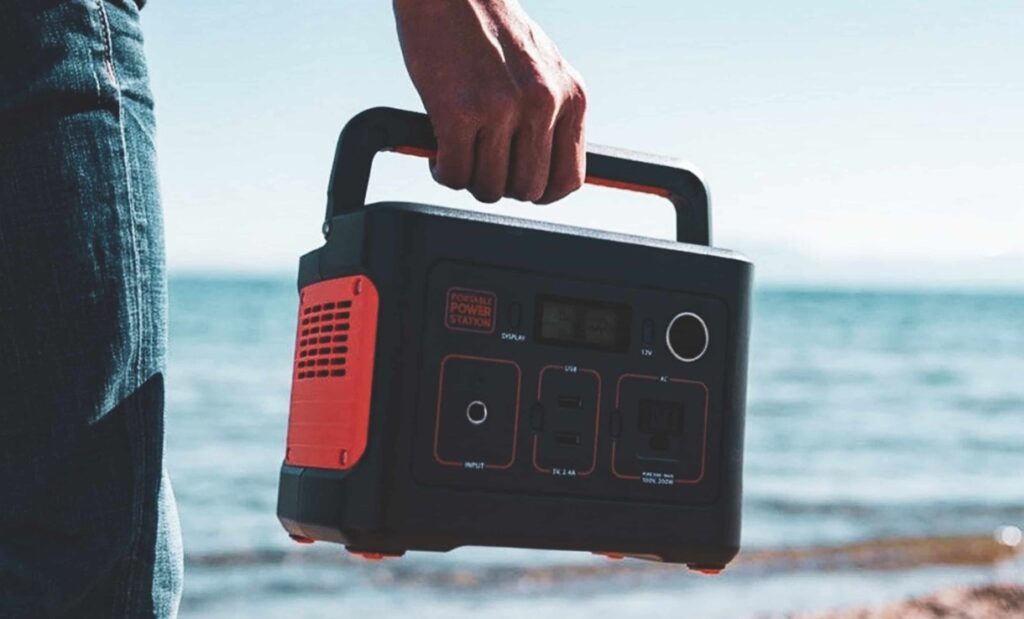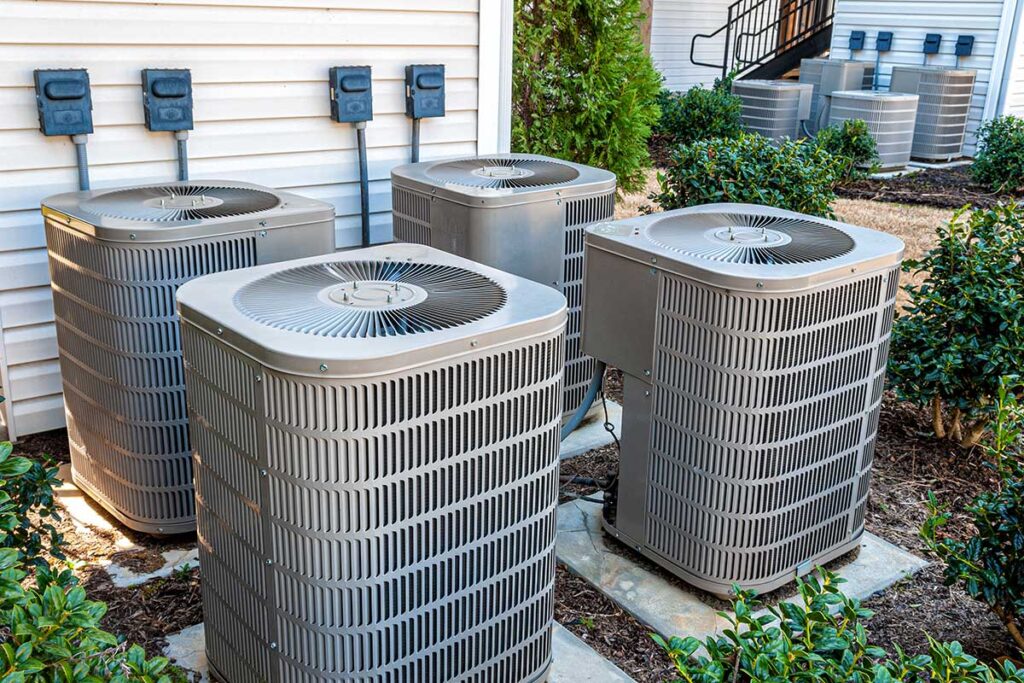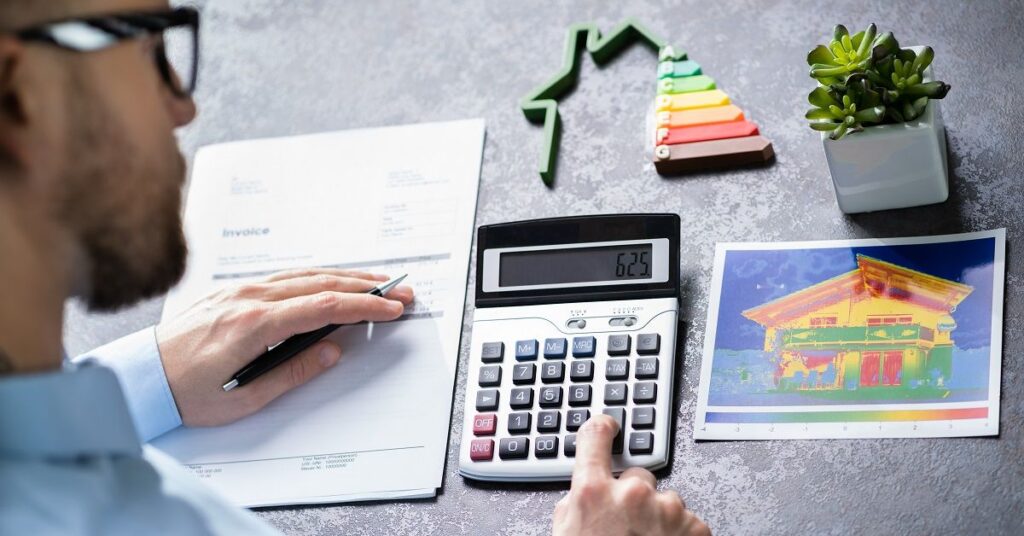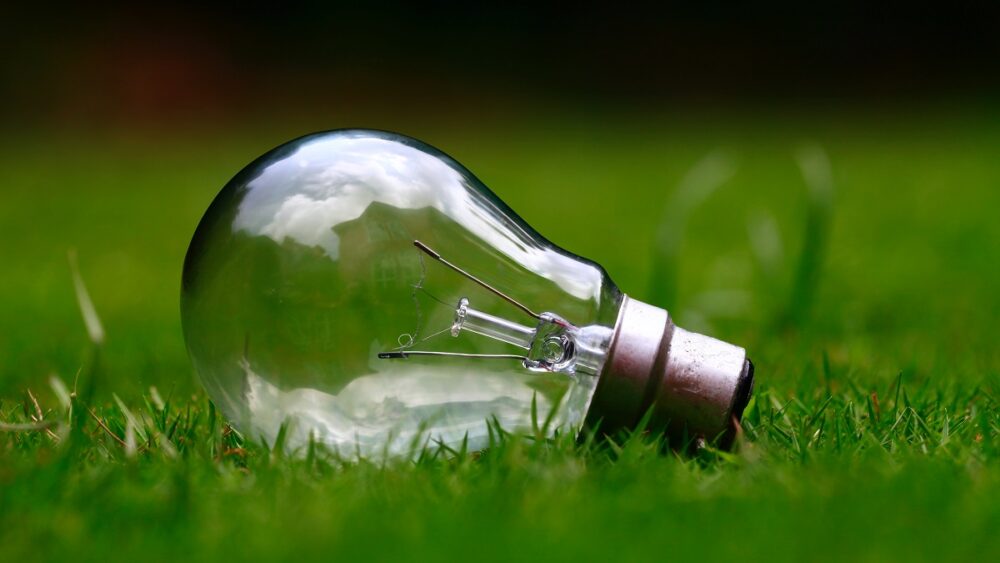The duty to protect Earth’s environment falls on everybody. The Earth is the only source of everything humans require. Hence this is of paramount importance.
Saving energy is one approach to help preserve our planet’s natural resources. There will be less pollution in the air and water. As a result, making the area a better place to live. This is because, despite progress, fossil fuels still make up more than 80% of global energy output. And fossil fuels are said to account for more than 75% of global greenhouse gas emissions, making them the single most significant source of climate change worldwide. It’s also believed to be the source of over 90% of the world’s carbon dioxide emissions.
You might also switch to green energy, which is produced without harming the environment. Energy may be harnessed from the sun, water, and wind, all considered renewable resources. Using these renewable energies might mitigate the environmental dangers mentioned above and open up valuable new markets for businesses and communities.
So, if you’re interested in learning about the methods and procedures involved in making the switch to greener energy use, consider the following:
1. Use Non-Conventional Energy Options

Source: roofbunk.com
Renewable energy sources such as the sun and wind may be stored and released on demand thanks to innovative technologies like solar power, hydropower, and portable power stations. In addition to lowering or eliminating emissions of greenhouse gases, they can boost energy security and lessen reliance on foreign fuels.
These renewable supplies are infinite in nature as well. This means that they’re intended for regular application. And because of their potential usage during power outages, these systems are another excellent option for households looking for a backup energy source.
These renewable technologies can be helpful but also come with a price tag. Yet they’re a surefire way to cut costs long-term, so they’re worth the investment.
2. Purchase Energy-Efficient Products
An integral part of any program designed to reduce energy use is the requirement that all purchased goods and fixtures conform to established efficiency benchmarks. These modern energy savers will reduce your monthly electricity costs compared to their predecessors. Plus, they produce fewer emissions harmful to the environment because they require less energy.
As an example, you may replace your incandescent bulbs with LED ones. This is because lighting accounts for 12% of residential energy use, making it a significant factor in total power usage. LED lights use just 2-17 watts, around 80% less energy than incandescent bulbs. As a bonus, their longevity is substantially more extended than comparable products while costing only a fraction of the competition.
Additionally, you should purchase energy-efficient home appliances such as refrigerators, washers, dryers, and water heaters. If you want to be sure your device is energy efficient, look for the Energy Star label. Energy-saving appliances are built to do their tasks while consuming as little energy as possible. Because of this, your energy usage will decrease, and your electricity costs will go down.
Furthermore, they can reduce the use of nonrenewable resources. For this reason, they reduce costs for both households and businesses and the environmental effect of power generation.
3. Specify Highly-Efficient HVAC System

Source: zonehomesolutions.com
You can help your pocketbook and the planet by switching to more energy-efficient machinery. This is particularly true with your HVAC system, which uses up 47% of your energy consumption.
Therefore, keep the thermostat at a steady temperature to ensure that you are operating your HVAC equipment in the most environmentally friendly way possible. The thermostat should be set to at least 78° when using the air conditioner during warm weather. And when using the heater, it shouldn’t be set higher than 68°. Using these measures, you may save as much as 10% on your annual heating and cooling expenditures.
Altering the air filter should be done routinely as well. Doing so may prevent buildup in the HVAC system, preventing it from working more than necessary to maintain comfort levels. Hence, you can limit your energy use and keep your electricity costs manageable.
4. Disconnect Any Unused Appliances
Electrical appliances will continue to draw electricity when hooked into an outlet, as confirmed by experts. This means that you’re wasting unnecessary energy. Standby power accounts for five to ten percent of the electricity used in a typical home. That’s why it’s essential to always remember to unplug your appliances.
Additionally, by taking these measures, you’ll increase the longevity of your machinery. Lowering consumption, indirect energy usage from manufacturing, and transportation-related emissions might all result from increased product longevity. This is why it’s essential to turn off all your gadgets after each usage, especially the ones you use most frequently. This is especially true with electrical devices like computers, televisions, lighting, and others.
5. Do An Energy Audit

Source: reenergizeco.com
One option to save power is to undertake an energy audit. This can help you find locations where energy is being wasted and make improvements. Energy audits can be conducted by energy specialists or by qualified staff.
This audit should be performed regularly to keep your home running at peak efficiency. Energy audits may be used for the following benefits:
- Learn about your current energy use and how to reduce it;
- Find methods to save money on your energy bills;
- Spot any hazards in your electrical, wiring, and ventilation systems;
- Increase a house’s market value;
- Reduce carbon monoxide generation in your home; and the like.
6. Reduce Water Consumption
The usage of appliances is one of many sources of energy consumption. The same holds true for the amount of water you use. You can save water by not soaking in the tub as much and taking shorter showers (approximately four minutes faster). As a result of not having to heat water for as long, you can reduce your energy use.
When deciding on a new, more energy-efficient water heater, it’s essential to consider both the fuel it will consume and your demands. For instance, the energy efficiency of tankless water heaters makes them a poor option for households with numerous people using hot water at once.
Takeaway
Many options exist for making your energy usage more sustainable. As a result, you’ll contribute to preserving Earth’s natural resources. Putting the abovementioned pieces of advice into practice may help the environment and enjoy its advantages.

















